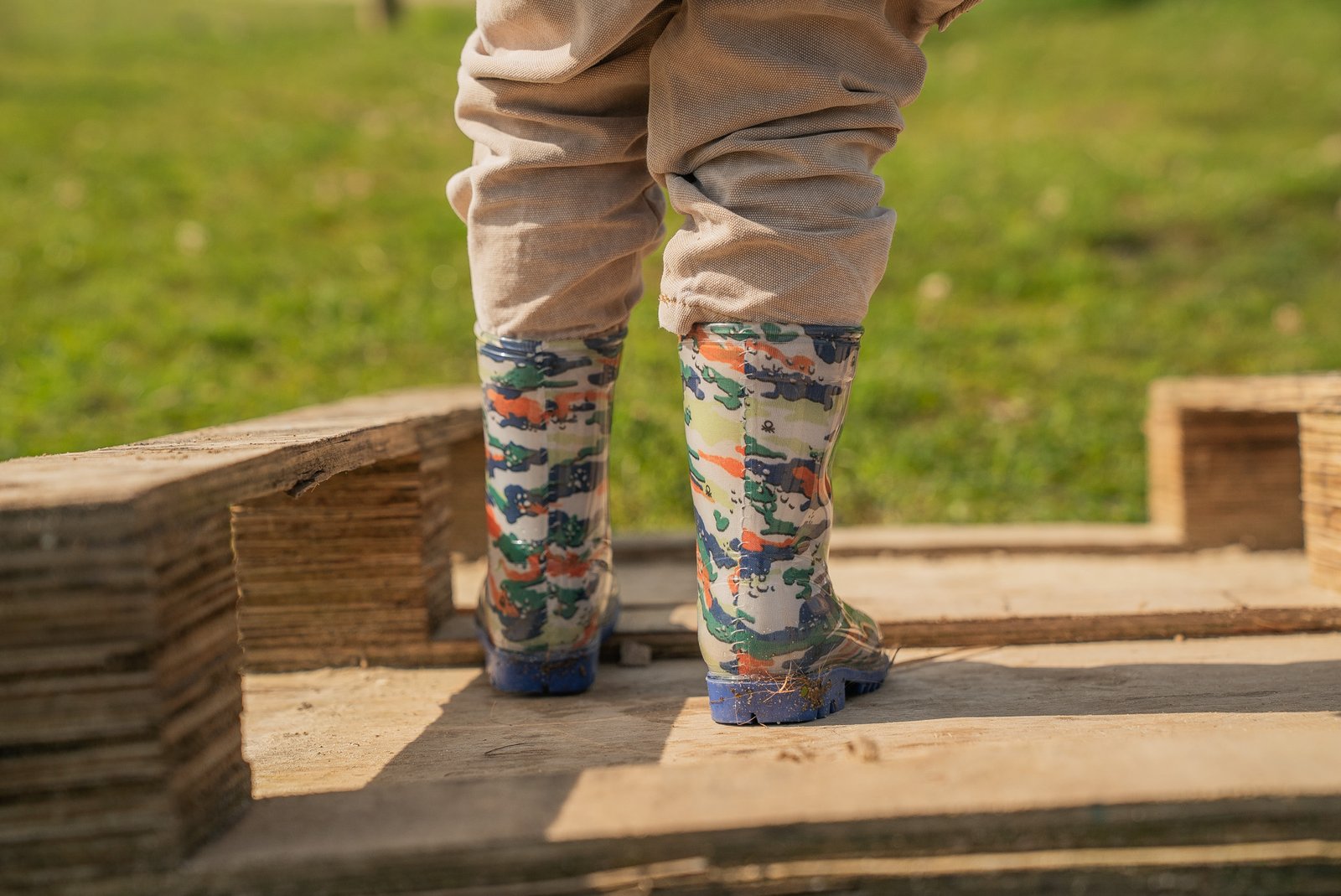By counting seeds, measuring plant growth, comparing shapes and sizes, or calculating watering intervals, pupils develop mathematical literacy in a playful, meaningful context.
These learning moments nurture logical thinking and the practical application of classroom knowledge. In the garden, children water, sow, and wait. They learn patience as they watch things grow, responsibility through care, and empathy through sharing.
They discover that nourishing the body and caring for the earth go hand in hand. Each simple action plants the seeds of deep values.
Here, the future is sown with purpose — with hands, heart, and nature. In this way, the garden becomes a true laboratory of life.
